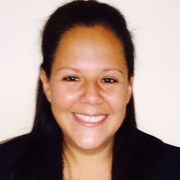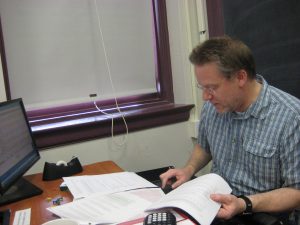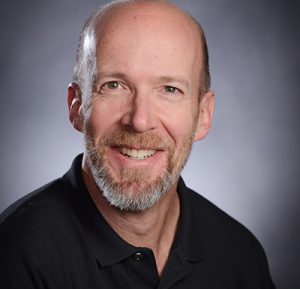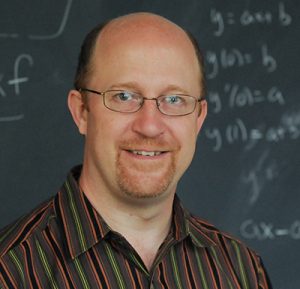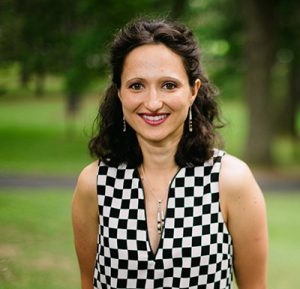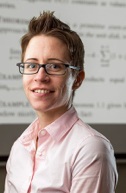Title: What Did You Do Last Summer?
Moderator: Alexander Murph ’18
Presenters:
Trevor Adriaanse ’17 – Cryptanalysis & Exploitation Services Summer Program, at the NSA.
Alexander Murph ’18 – Research Apprentice for the Bucknell Geisinger Research Initiative (BGRI)
Laura Papili ’17 – Actuarial Internship at Genworth in Richmond, VA. Genworth’s Actuarial development program.
Ryan Buzzell ’17 – AEW Capital Management, L.P. (Boston Office). Real Estate Investment Firm.
Katie Lunceford ’17 – Susquehanna International Group LLP (SIG)/Statistical Options Trading/Intern – Bala Cynwyd, PA
Tung Phan ’17 – Susquehanna International Group LLP (SIG)/Statistical Options Trading/Intern – Bala Cynwyd, PA
Naba Mukhtar ’18 – REU: Partial Differential Equations and Dynamical Systems – Florida Institute of Technology
Abstract: There are many exciting summer opportunities for students in the mathematical sciences! These range from internships in financial companies to research experiences at other universities to leadership development programs. In this week’s colloquium, a panel of your peers will tell you their experiences. What did they enjoy about their experiences? When did they apply? There will also be ample time for questions and answers. These varied opportunities, as well as being terrific fun, are also immensely valuable as you begin to think about your careers after Bucknell.


